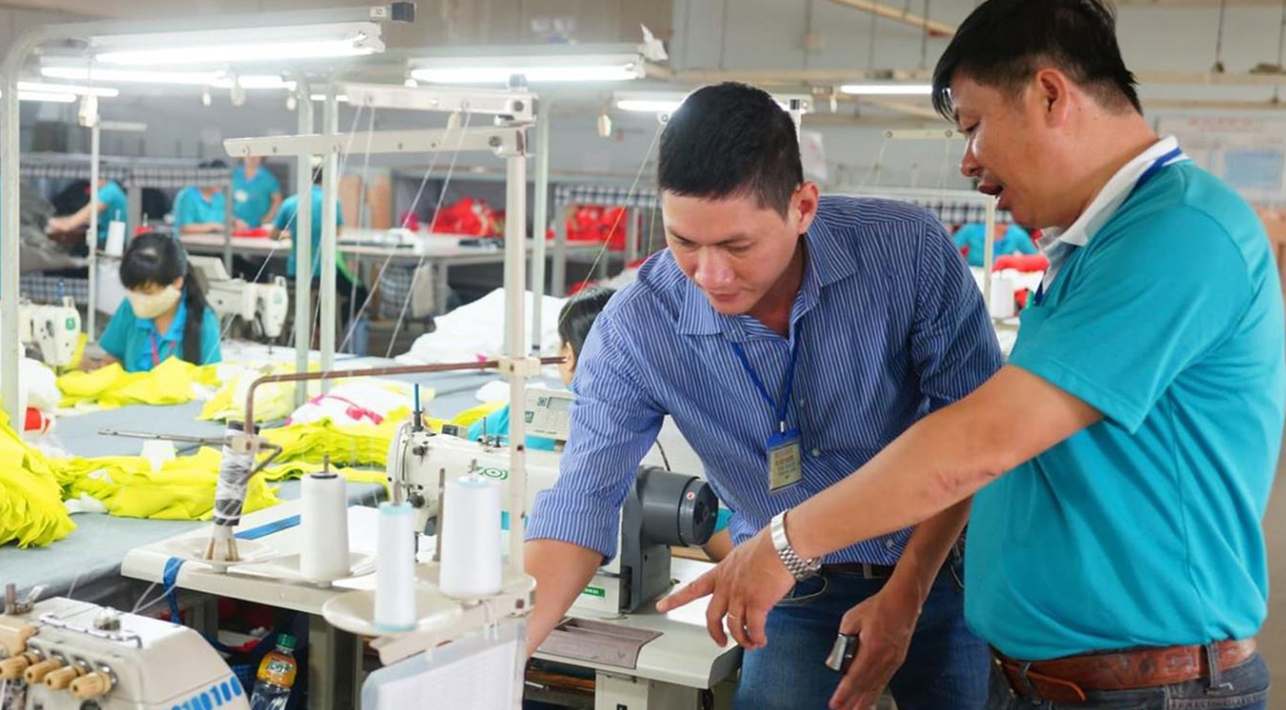How to Ensure Social Compliance via SA8000 and Similar Audits
The SA8000 standard is a social accountability standard developed by Social Accountability International (SAI) to promote ethical and fair working conditions in the workplace. It covers a range of issues, including child labor, forced labor, health and safety, discrimination, and freedom of association.
To ensure social compliance with SA8000, companies must take several steps. Here are some essential steps to ensure social compliance with SA8000:
- Establish a policy statement: Companies must establish a social responsibility policy statement that sets out their commitment to ethical and fair working conditions. The policy statement should be communicated to all employees, suppliers, and other stakeholders.
- Conduct a risk assessment: Companies must conduct a risk assessment to identify potential social compliance issues within their operations and supply chain. This assessment should cover issues such as child labor, forced labor, health and safety, discrimination, and freedom of association.
- Develop a social compliance program: Based on the results of the risk assessment, companies must develop a social compliance program to address identified issues. The program should include policies and procedures to prevent and address social compliance issues, as well as training for employees and suppliers.
- Monitor and evaluate performance: Companies must monitor and evaluate their social compliance performance regularly to identify areas for improvement. This may involve conducting internal audits or engaging a third-party auditor to assess compliance with SA8000.
- Take corrective action: Companies must take corrective action to address any identified social compliance issues promptly. This may involve implementing new policies and procedures, providing training to employees and suppliers, or terminating relationships with non-compliant suppliers.
- Communicate progress: Companies should communicate their progress on social compliance to stakeholders regularly. This may include reporting on performance metrics, providing updates on corrective actions taken, and sharing best practices.
In conclusion, ensuring social compliance with SA8000 is critical for companies that wish to promote ethical and fair working conditions in their operations and supply chains. By establishing a policy statement, conducting a risk assessment, developing a social compliance program, monitoring and evaluating performance, taking corrective action, and communicating progress, companies can ensure compliance with SA8000 and contribute to a more ethical and sustainable future.
Get Quotes and Ensure Quality
Across Your Supply Chain
Contact Info
Our location
Unit 2A, 17/F, Glenealy Tower No 1. Glenealy, Central Hong Kong


